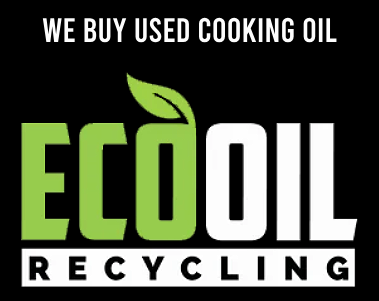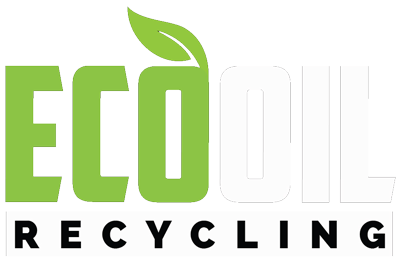Sustainability has become a driving force in the restaurant industry, with 2025 poised to bring even more eco-conscious innovations. As customers grow increasingly aware of their environmental impact, restaurants are adapting with new green initiatives with EcoOil Recycling. From commercial kitchen waste removal to energy efficiency, here’s a look at the top sustainability trends shaping the restaurant industry this year.
1. Smarter Waste Management
Food waste continues to be a significant challenge, but restaurants are adopting smarter strategies to combat the issue. Composting programs, waste-tracking software, and partnerships with food recovery organizations are becoming standard. By reducing waste, businesses not only help the environment but also improve cost efficiency and brand reputation.
2. Recycling Used Cooking Oil
One of the biggest sustainability shifts is the responsible recycling of used cooking oil. Instead of disposing of oil improperly, more restaurants are partnering with EcoOil Recycling to transform used cooking oil into valuable resources like biodiesel. This not only prevents environmental damage but also creates a new revenue stream for businesses. The benefits of used cooking oil recycling go beyond sustainability—they contribute to operational efficiency and compliance with environmental regulations.

3. Energy-Efficient Kitchen Equipment
Energy-efficient appliances and kitchen systems are gaining traction as restaurants strive to reduce their carbon footprints. Energy Star-rated equipment, smart HVAC systems, and LED lighting help cut down on energy consumption while lowering utility costs. These investments not only support sustainability but also improve overall kitchen operations.
4. Eco-Friendly Packaging and Utensils
With the phase-out of single-use plastics, restaurants are shifting towards compostable packaging, plant-based straws, and reusable containers. Many businesses are also incentivizing customers to bring their own cups and containers, further reducing waste.
5. Sustainable Sourcing
Consumers are demanding more transparency in where their food comes from. This has led to a rise in farm-to-table sourcing, locally grown produce, and ethically raised meat and seafood. Restaurants that prioritize sustainability in their supply chains not only reduce environmental impact but also attract eco-conscious diners.
6. Oil Bin Systems for Safe Disposal
Proper oil disposal is crucial for maintaining a sustainable kitchen. Many restaurants are implementing advanced oil bin systems to safely store and manage used cooking oil. These systems help prevent spills, contamination, and costly plumbing issues, all while ensuring the oil can be efficiently recycled.
Looking Ahead: 2025 and Beyond!
As the restaurant industry moves towards a greener future, sustainability is no longer an option—it’s a necessity. By implementing smarter waste management, investing in eco-friendly practices, and recycling used cooking oil, restaurants can reduce their environmental impact while improving their bottom line.
Ready to take your sustainability efforts to the next level? Explore how EcoOil Recycling can support your business in 2025 and beyond.

